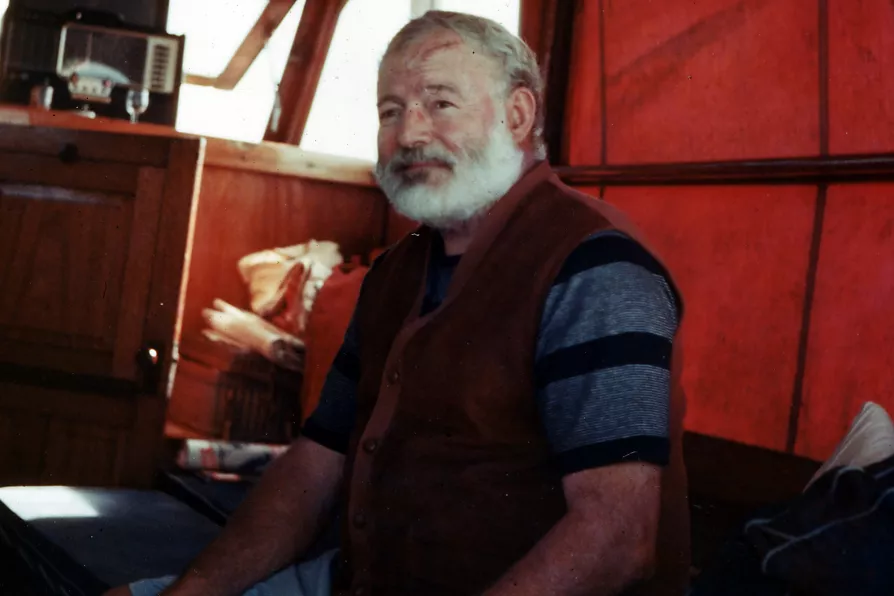For his study of anti-Muslim Muzaffarnagar Riot, HENRY BELL applauds Joe Sacco for a devastatingly effective combination of graphic novel and investigative journalism
Ernesto: The Untold Story of Hemingway in Revolutionary Cuba
Revealing account of the writer's abiding love for the island and its people

 At home: Hemingway in Cuba, 1950
At home: Hemingway in Cuba, 1950
CHE GUEVARA is not the only Ernesto to have carved out a lasting place in Cuban culture. Another foreigner who spent much of his life on the island — Ernest Hemingway — is also held in high esteem.
As Andrew Feldman recognises in his book Ernesto, a considerable proportion of Hemingway’s work, such as the novels that led to him winning the Nobel Prize in Literature, was heavily influenced by the 30-plus years he spent as a visitor and resident in Cuba.
Similar stories

Peter Mitchell's photography reveals a poetic relationship with Leeds

Ben Cowles speaks with IAN ‘TREE’ ROBINSON and ANDY DAVIES, two of the string pullers behind the Manchester Punk Festival, ahead of its 10th year show later this month

RON JACOBS welcomes the long overdue translation of an epic work that chronicles resistance to fascism during WWII

JOHN GREEN surveys the remarkable career of screenwriter Malcolm Hulke and the essential part played by his membership of the Communist Party









